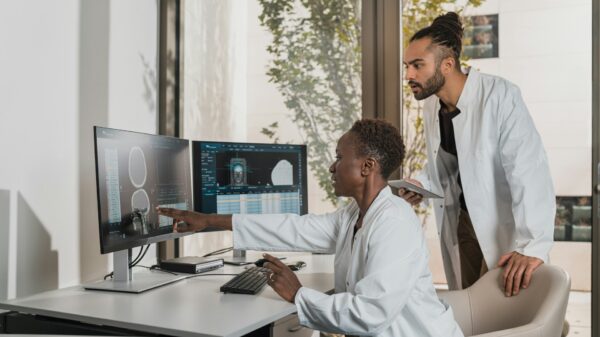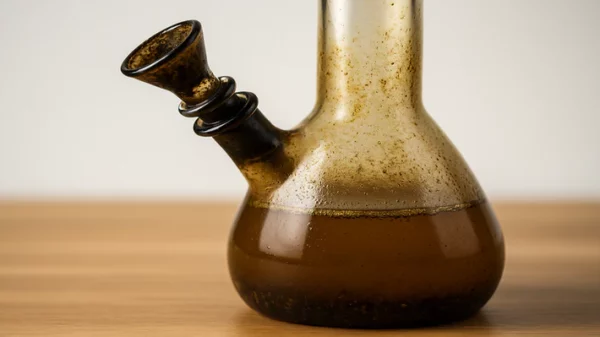After one university in the United States has held a decades-long monopoly on supplying low-quality cannabis for research, the Drug Enforcement Administration is set to finally issue licences to a number of new, modern growing facilities.
On Friday, the DEA said it notified several state-legal growers that it’s moving toward approving their applications to become federally authorized cannabis producers for research purposes.
Since 1968, only the University of Mississippi has been licensed to supply cannabis to U.S. researchers who want to explore its value for treating conditions like post-traumatic stress disorder and chronic pain.
Advocates, industry insiders and academics have been pushing the DEA in the last several years to expand the number of authorized cannabis producers for scientific research, citing how low-quality supply from U of M has hampered recent studies.
Read more: Low-THC weed led to poor results in major PTSD study, researchers suggest
The DEA’s recent move to open up licensed potent pot production is seen as a significant development to properly explore the plant’s therapeutic value. It’s also the first major cannabis-related move to come out of the Biden administration.
While the DEA first began accepting applications for additional manufacturers in 2016 under President Barack Obama, no approvals were made under the Trump administration.
But on Friday, the agency told organizations including the Biopharmaceutical Research Company, Scottsdale Research Institute (SRI) and Groff NA Hemplex that their requests were conditionally accepted.
“Pending final approval, DEA has determined, based on currently available information, that a number of manufacturers’ applications to cultivate marijuana for research needs in the United States appears to be consistent with applicable legal standards and relevant laws,” the agency wrote in a statement.

Dr. Sue Sisley stands in the middle of a state-legal cannabis production facility at Scottsdale Research Institute in Arizona. While Sisley is a self-described lifelong Republican, she has become an unlikely leading advocate for cannabis research. Press photo
Dr. Sue Sisley, the principal investigator at the Scottsdale Research Institute, has called out restrictions placed by the U.S. federal government on cannabis research for the last decade.
Her team at SRI in Arizona published results in March from the first U.S. Food and Drug Adminstration-backed clinical study on cannabis for military veterans with post-traumatic stress disorder.
They fought for seven years to get permission from the U.S. government and three years to launch a major study to dig for answers on the issue.
In 2019, SRI sued the DEA to force it to end years of delay in processing licence applications.
However, the recent study didn’t find a significant change in veterans’ PTSD symptoms between the low cannabis concentrations supplied from U of M and a placebo.
Dr. Sisley said at the time that her team would be pushing the DEA to permit them to use cannabis tested for higher potency and fresher flowers readily available in commercial markets for Phase 2 of the trial.
She called the federal restrictions on cannabis research over the last 50 years “absurd.”
Her criticisms came less than six months after the agency published a final rule describing how exactly the new research production program would work.
In March, the DEA proposed to amend its regulations to comply with the requirements of the federal Controlled Substances Act in order to facilitate the cultivation of weed for research and other licit purposes.
However, some observers questioned the practicality of the DEA’s new program.
“It would be a huge leap [for the DEA to move] from the role of an enforcer of federal law regulating marijuana to being responsible for purchasing, possessing and directing marijuana in the research supply chain. How is this going to work?” Hyman, Phelps & McNamara lawyer Larry Houck wrote in a post on the FDA Law Blog.
Cannabis for medical use is currently legal in 36 states, and 17 allow recreational use by adults. While the FDA has approved some prescription drugs derived from the plant, the use and possession of cannabis remains federally prohibited.
jared@mugglehead.com














